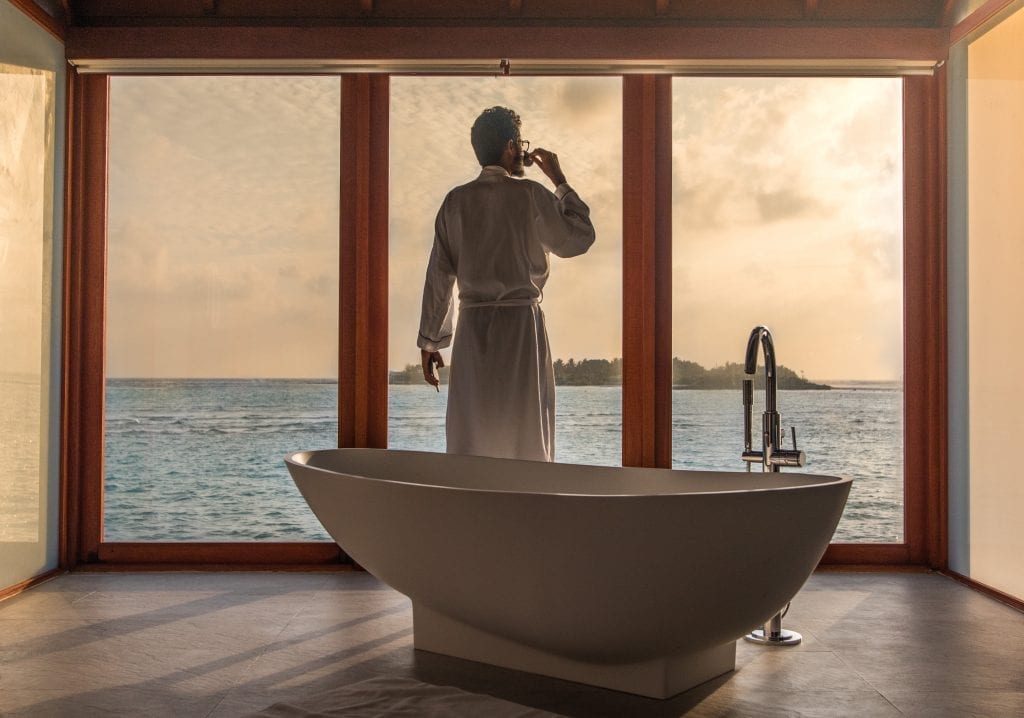Is it wrong to want more? Should it be enough to meet our most basic needs of survival? Or should we set our aspirations as high as we can?
For many of us achieving our goals is difficult, but having a goal, and striving to achieve it, is inspiring, it is after all the genesis of the entire wellness movement. Our aspirations, however, often don’t line up with our behaviors, as a 2014 Nielsen study concluded when it found that 75 percent of respondents felt that they could manage their health issues through nutrition, yet 50 percent of them also found it challenging to eat healthily. We want more than we can deliver.
Measuring Wellness in Dollars
This disconnect between what we aspire to achieve and what we actually achieve can leave us feeling dissatisfied. It may even contribute to feelings of jealousy towards those who we feel have better or more fulfilling lives.
Take celebrities, for example. The recent New York Times article on Goop founder Gwyneth Paltrow, often a target of online vitriol, did little to dissuade her detractors from claims that she is an elitist and out of touch with the real world. When discussing her wellness brand Goop, She proudly stated in the interview “It’s crucial to me that we remain aspirational.”
Goop has brought a price tag to self-care, a hefty price tag. Goop readers, fed by Paltrow’s luxurious suggestions, believe they need to spend thousands of dollars on lotions, potions, and elixirs of wellness, including some very controversial products. Some of her top picks include toilet paper at over $950 (seriously,) gilded playing cards for $2,800, and a water filter at over $1000. As well as a whole host of treatments with dubious and contested medical claims. Goop has also expanded into extortionately priced retreats and classes in meditation and mindfulness. But no reasonable person needs $950 toilet paper to be happy. Hopefully.
So when did wellness become entangled with wealth and unattainable notions of extreme aspiration? As soon as it became a hugely profitable market: Goop is valued at $250 million.

What About The Rest Of Us?
However, that doesn’t mean that people on lower incomes can’t access all the benefits of self-care. We might not all be able to attend the one-day Goop wellness summit with prices starting at $650, and VIP tickets setting you back a staggering $4,500, but we can access wellness at a much more reasonable price point, and sometimes for zero dollars at all.
Self-care simply means putting yourself first, listening to your body and your mind and giving yourself some much-needed attention.
It can sound trite but the simple things can really make a difference. Stroking a beloved pet, taking a walk in nature, or having a bubble bath have all been shown to lower our stress hormones and makes us feel more relaxed.
In the NY Times piece the writer, Taffy Brodesser-Akner, after spending time with Paltrow sums up the experience by stating “Aspiration is suffering. Wellness is suffering.” Aspiration can be painful especially if it is not achieved or realized. Wellness, however, should never be painful. It should be about healing, and it should be available for everyone.
Learn to live a Life Well-Balanced with our Fabulous journey of the same name.



